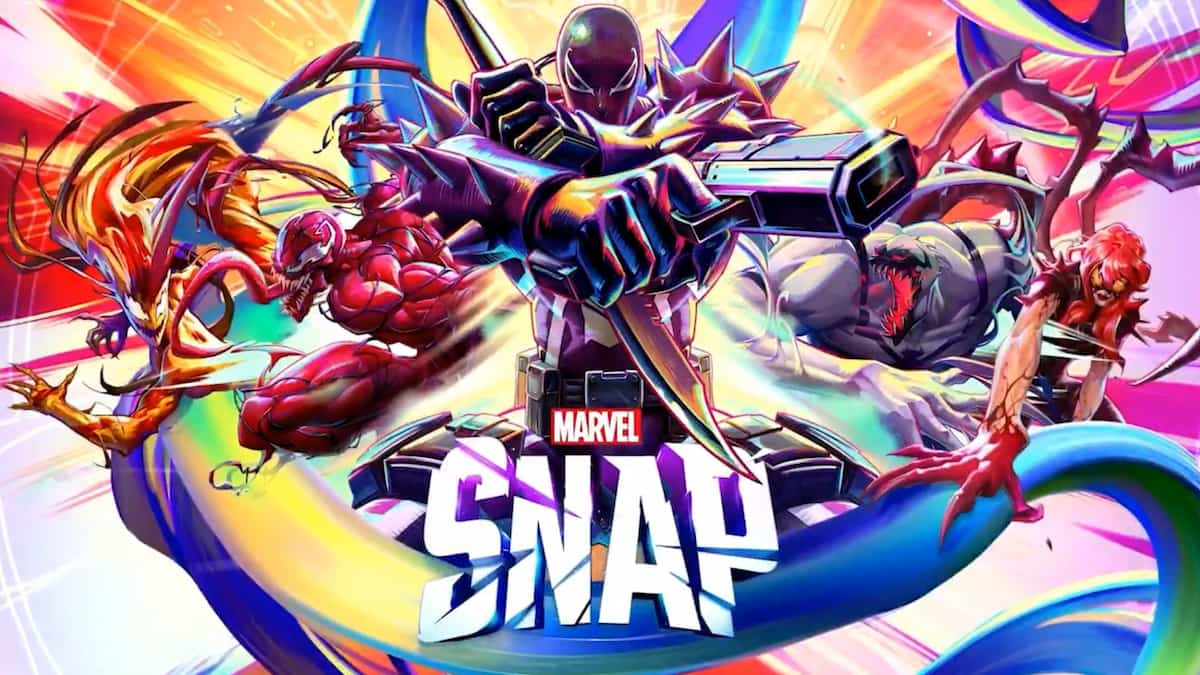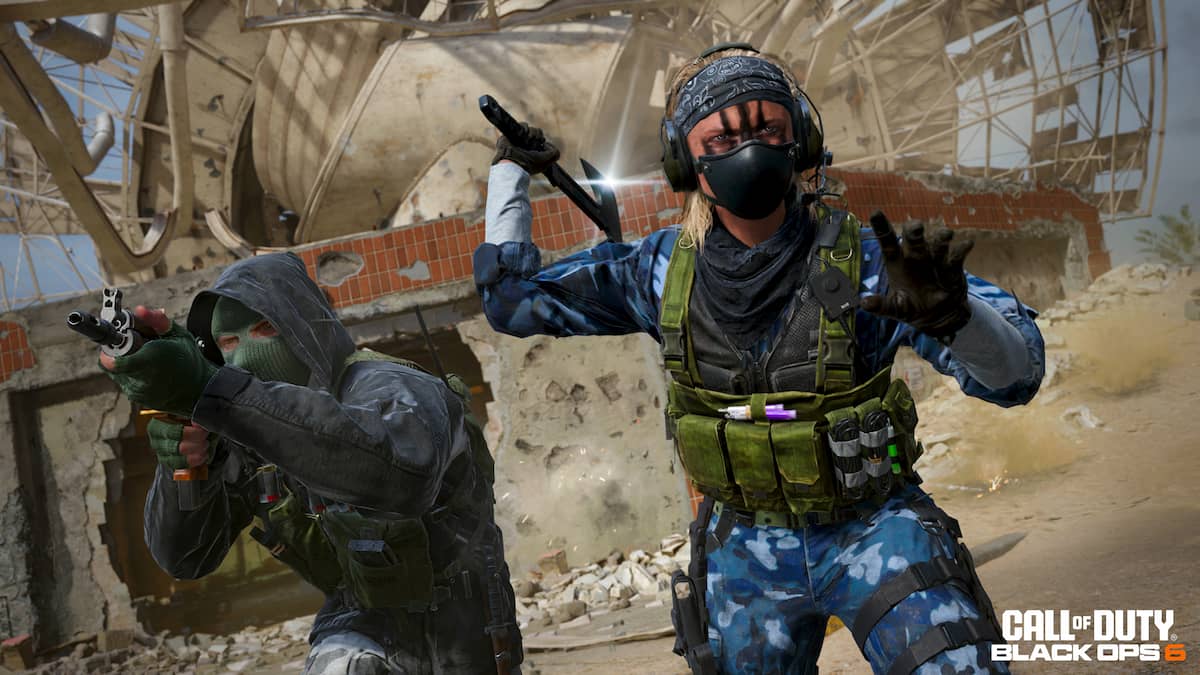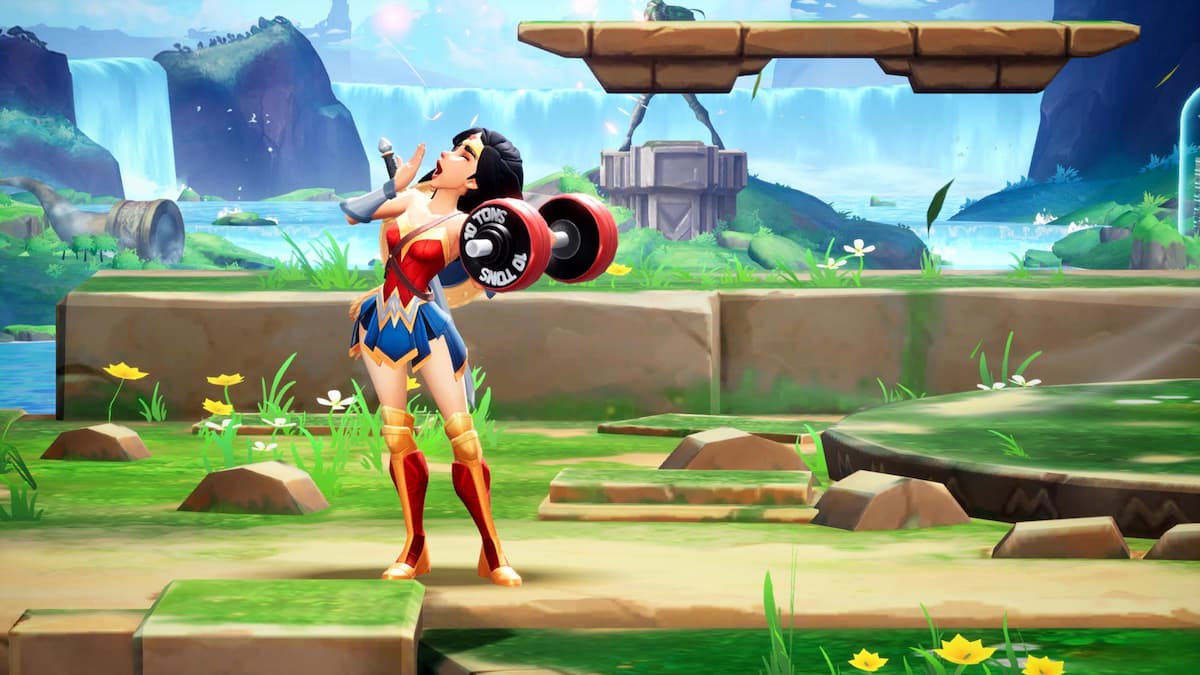In-game items have almost become ubiquitous in mainstream gaming. Cosmetic items for characters have become one of the single-largest drivers of revenue for game developers, with the largest companies like Activision Blizzard earning billions each quarter from the practice, according to news site VG247.
A loot box is an in-game item that a player has to pay to open, upon which the user will receive a random cosmetic piece. Usually sold for small fees, “microtransactions” has become the most used term for the activity. While microtransactions have been serving as a money faucet for game developers for the past few years, the gaming community at large has become increasingly tired of the phenomenon, particularly if players are expected to spend money on items in order to progress through a game. For a while, the issue with in-game items was a matter between developers and their respective communities. Since 2017, however, it’s mostly been between developers and government regulators.
Countries like the Netherlands and Belgium have already chosen to go to war against game developers over specific implementations of loot boxes. Notably, the distinction both countries are using concern games that use loot boxes where the “in-game goods from the loot boxes are not transferable,” meaning any game that allows for their in-game items to be resold for real-life currency are the only kind of loot boxes being affected.
Game developers contend that the items contained in loot boxes don’t hold any monetary value outside of the game itself, and as such argue that the activity can’t be regarded as gambling. But due to users not knowing the value of the item they’ll receive from opening a loot box, governments are now starting to liken loot boxes to slot machines. That distinction has tremendous consequences for game developers, and opens them up to substantial legal trouble. The legislation enacted by Belgium that aims to curtail loot boxes, for instance, stipulates that any game containing a loot box that conflicts with the new regulations would cost the offending party $974,000. If a minor is found to have purchased a loot box, that punishment is doubled. For a game like FIFA 18, which is one of the titles the Belgian government has alleged is using an illegal form of the loot box mechanic, it would only require as few as 10 underage users purchasing loot boxes for Electronic Arts to rack up roughly $20 million in penalty fees.
Taking a similar approach to Belgium, Electronic Arts has also come under fire from the government of the Netherlands. The country’s government has already threatened game developers like Valve with criminal charges, leading to Valve shutting down the in-game marketplace for Dutch Dota 2 and Counter-Strike: Global Offensive players.
Even though game developers like Valve and Blizzard have chosen to adapt to these new regulations, there are outliers refusing to comply. Electronic Arts is reportedly being investigated by the Brussels public office prosecutor’s bureau for failing to comply to its demands. Additionally, the issue of removing features such as loot boxes becomes difficult internationally, due to there being no single all-encompassing global legislation constituting what is and isn’t considered gambling.
The laws can still be difficult to enforce
Japan was the first country to issue a blanket ban on a specific type of loot box. In 2012, the Japanese National Consumer Affairs Agency (NCAA) issued a ban toward “complete gacha,” or “kompu gacha,” the name of a monetization method used by a specific subset of social games that were very popular in Japan. In complete gacha games, users had to pay for individual pieces of an in-game item in order to progress in the game itself, which forced users to pay exorbitant amounts of money to complete the game. The monetization model was outlawed in 2012 due to the incredibly low drop rate of rarer pieces—which forced users to spend far more money than necessary.
Despite banning complete gacha, the NCAA didn’t target every monetization model found in social games, and gacha games are still among the most popular games in Japan.
China also implemented a law targeting loot boxes in early 2017. The regulations imposed a total sales ban on any game that fails to show users the odds they have of receiving an item from a loot box. Blizzard was able to finesse its way out of it by simply introducing a currency that players can use to purchase in-game items. As such, Blizzard is technically not letting players use “real” money. Other developers, like Valve, weren’t able to bypass the law like Blizzard, meaning Chinese users are able to see the real drop rate of particularly rare items, showcasing exactly how low the odds of receiving a certain item really are.
Blizzard’s strategy shows just how difficult it can be to implement specific legislation against loot boxes overall.
What’s next?
With legislation varying in terms of success, the issue governments face when drafting specific laws against the practice appears to be two-fold: There’s no overarching approach to the problem due to various countries having different definitions of what gambling is, and developers have little-to-no incentive to change their business practices.
On Sept. 17, however, the gambling commissions of 15 separate European countries began attempting to find a unilateral approach for loot box implementation in the region, according to EuroGamer. The coalition is in the process of trying to draft some kind of general framework around the sprawling third-party market for these in-game items, and will be producing an in-depth study on the impact of loot boxes and how best the countries can “address the risks created by the blurring of lines between gaming and gambling.”
Until some kind of agreement can be reached between legislators on a local, regional, and global level, however, it’s more than likely that the loot box will remain a staple feature in big budget games.












Published: Oct 20, 2018 10:26 am